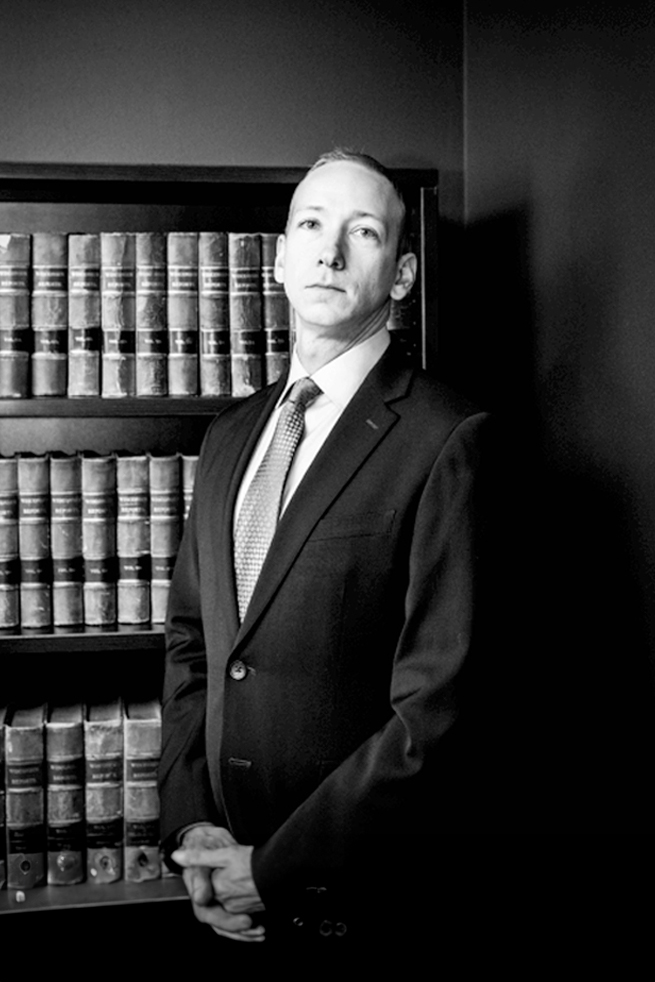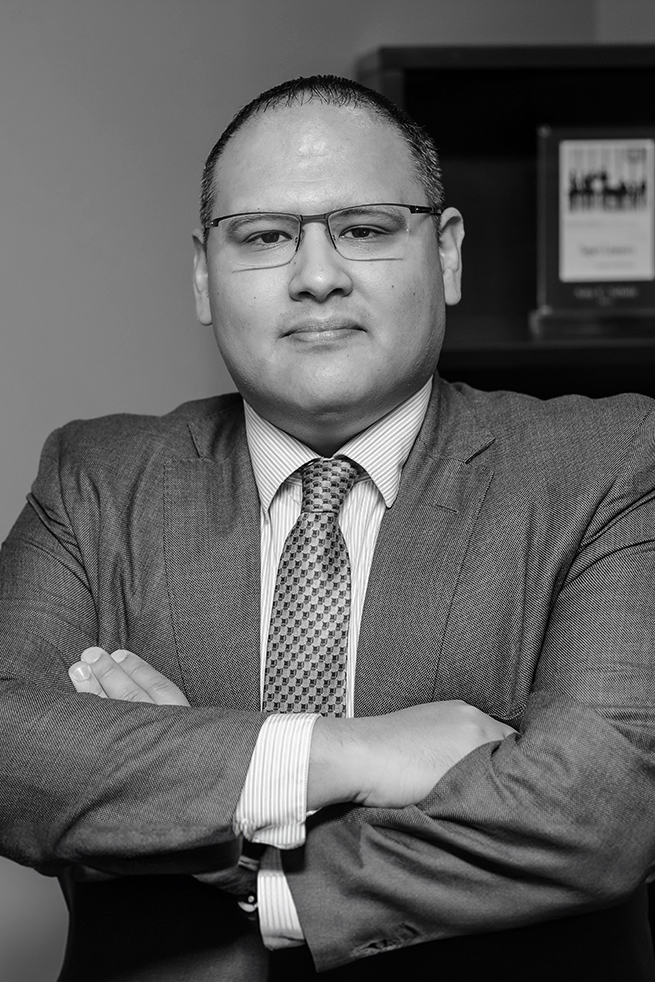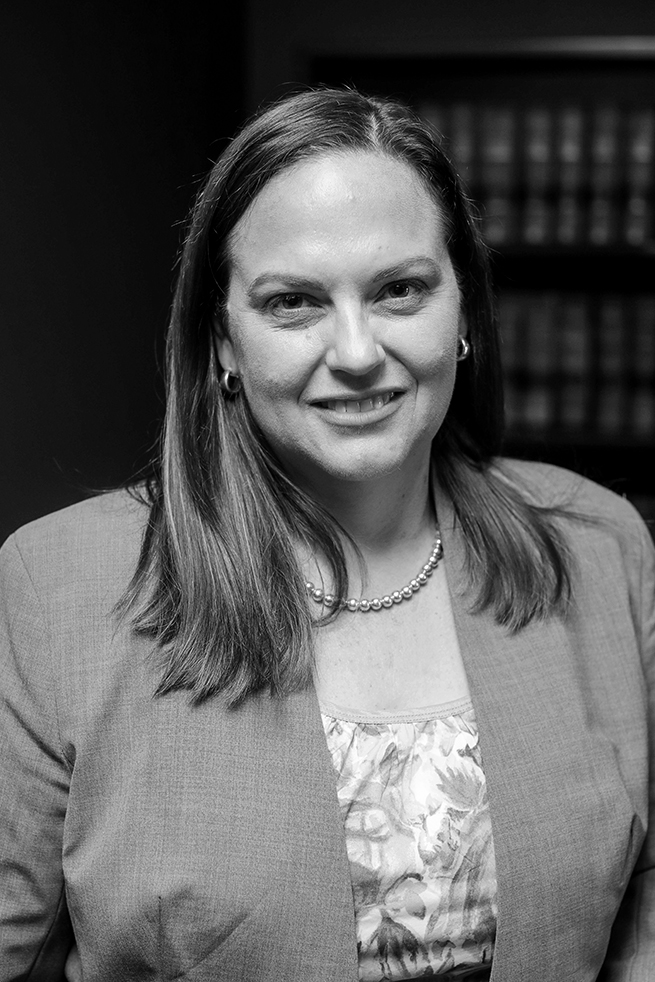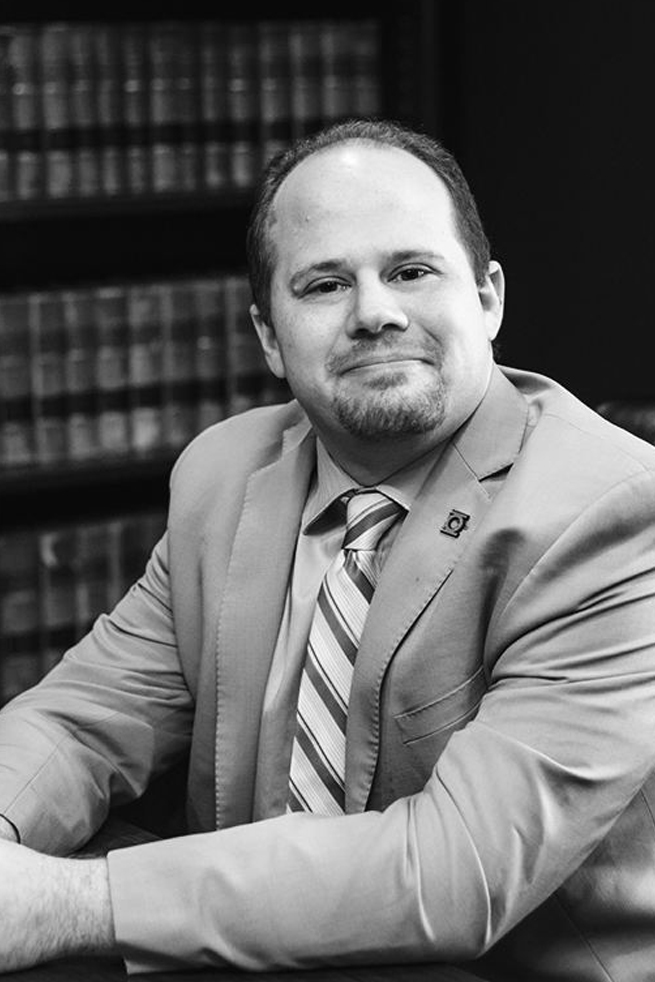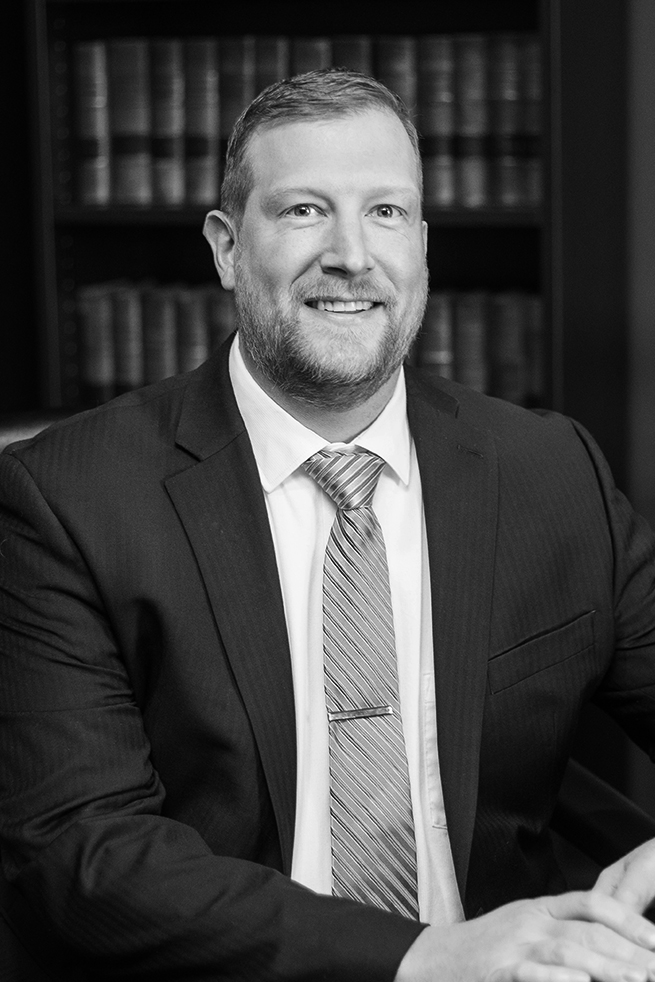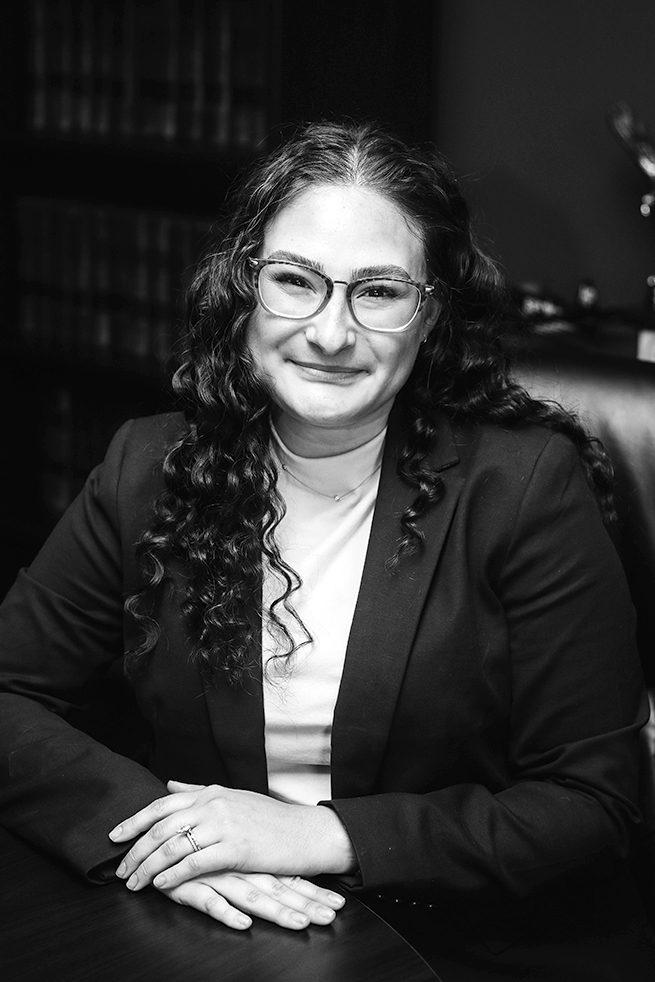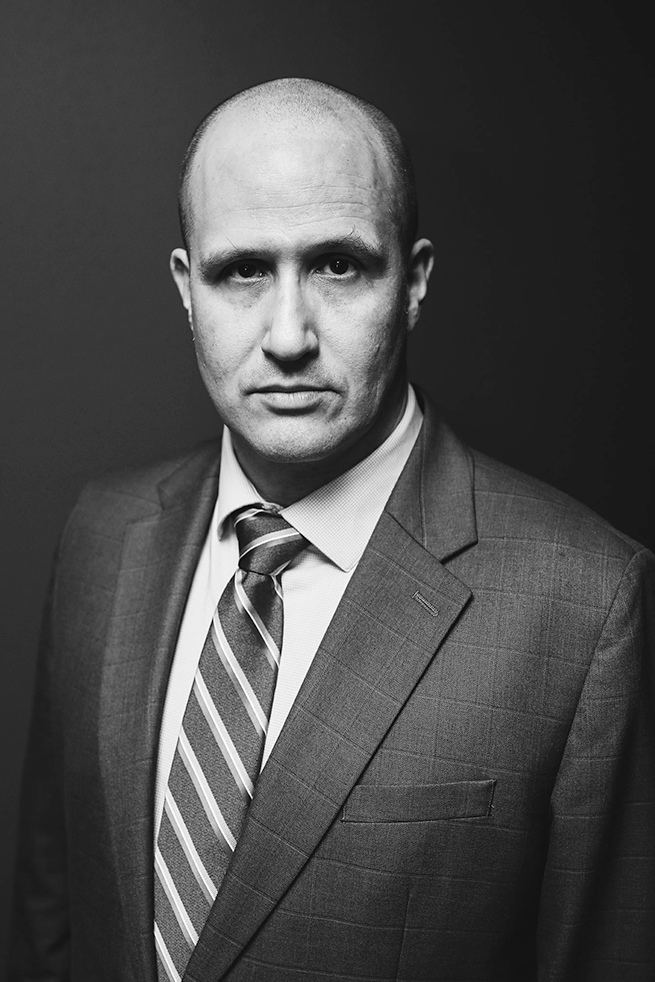Wisconsin Probate Attorneys
Probate is a legal process that occurs on a person’s death to transfer their assets to their beneficiaries. Our Wisconsin estate planning attorneys help with both the probate process as well as creating estate plans to avoid probate.

What is a contested probate?
A contested probate is a probate in which an interested party, such as an heir or other family member, challenges core parts of the probate process—such as who is chosen by the court to serve as executor, decisions in disposing of the decedent’s property, or how to interpret the decedent’s Will. Contested probates may involve someone challenging whether the decedent’s Will was validly created, such as by alleging the decedent was under improper pressure or not in sound mind when the Will was signed. It is important to remember that contested probates increase the legal and administrative costs of the probate for all parties, which usually results in the heirs receiving less money in their inheritances. Creating a proper Trust framework can help avoid probate, and therein the risk of someone contesting it.
Why is it better to avoid probate?
- Speed & Privacy: Avoiding the probate process can be a wise decision for several reasons. Probate often delays the process of distributing assets to heirs after a death. Avoiding it can result in a faster distribution process that can take weeks, rather than months or years, to complete. Probate administrations are also public legal proceedings overseen by government officials at the local courthouse and usually require some form of publication in a local newspaper. An estate that does not run through the probate process will be more private, with less public and governmental exposure of the estate's assets, debts, and intimate family affairs.
- Avoiding Family Conflicts: In non-traditional families or situations where a client decides to disinherit an heir from receiving a share of their estate, avoiding probate can eliminate the uncomfortable requirement of securing all heirs' signatures on certain probate documents in their review and consent to the client's Will. The probate process requires that all natural heirs and interested parties have an opportunity to review and potentially contest or challenge a Will and the actions taken by the estate's executor. Heirs are also given the entitlement to review probate-related documents and request reasonable information about the administration of the estate's assets. In families where an heir is estranged, difficult to deal with, or has been otherwise disinherited, avoiding probate can eliminate the opportunity to easily challenge the deceased person's wishes and estate plan, as well as significantly alter the balance of power between competing or disagreeable heirs—in furtherance of the client's desires and estate planning goals.
- Cost Savings & Creditor Protection: Probates also cost estate's extra money to process in legal fees, court costs, and possible attorney fees. Avoiding probate usually saves an estate a few thousand dollars in such costs. On that note, if the decedent incurred a lot of debts in life, with aggressive creditors seeking repayment from the decedent's assets and estate, avoiding the probate process can significantly decrease the ability of such creditors to collect from the estate. If probate is not opened on the public records, creditors are largely left in the dark as to what assets the deceased person and his or her estate owned, and the burden of taking legal action to collect against the estate (and pay the related legal costs therein) is shifted to the creditors. This creates an uphill, expensive and unpredictable challenge for the creditors, and therefore, avoiding probate can cause many creditors to abandon their claims and ultimately stop seeking repayment from the estate.
Why would you need a probate attorney?
You would need a probate attorney if you are generally confused about moving through the probate process, especially if you have been designated to serve as an executor in a person’s Will. Since courts and their staff cannot give legal advice, many executors become lost and confused about how to complete probate documents correctly and take proper actions to resolve the estate effectively. Some other common scenarios in which you could need a probate attorney are:
- Large Debts & Many Creditors Sometimes estates find themselves facing large debts from numerous creditors. A good probate attorney may be able to settle such debts at discounts, or even better, secure their complete dismissal.
- Issues with Heirs If you are an heir who does not believe you have received your full, fair inheritance, you likely need an attorney. Similarly, if you have been disinherited in your loved one’s Will and you believe he or she was under unfair pressure or not of sound mind when creating the Will, you definitely need an attorney to bring a potential challenge against it.
- Bad Executors If an executor is abusing his or her power and duties, interested parties likely need attorneys to help hold the executor accountable.
You Are a Creditor— If a deceased person owes you a significant amount of money, it is wise to hire a probate attorney to represent your interests and put pressure on the estate for repayment. It is easy to forget about probates and stop tracking them, which can cause your claim to be dismissed for lack of participation. A good probate attorney will keep an eye on the probate, make sure you file your claim in time, and track it to ensure you get repaid before it closes and the heirs take their inheritances out.
Contact Our Wisconsin Probate Attorneys
If you are in the probate process or are looking to create an estate plan to avoid the probate process in the future, contact our estate planning attorneys.




